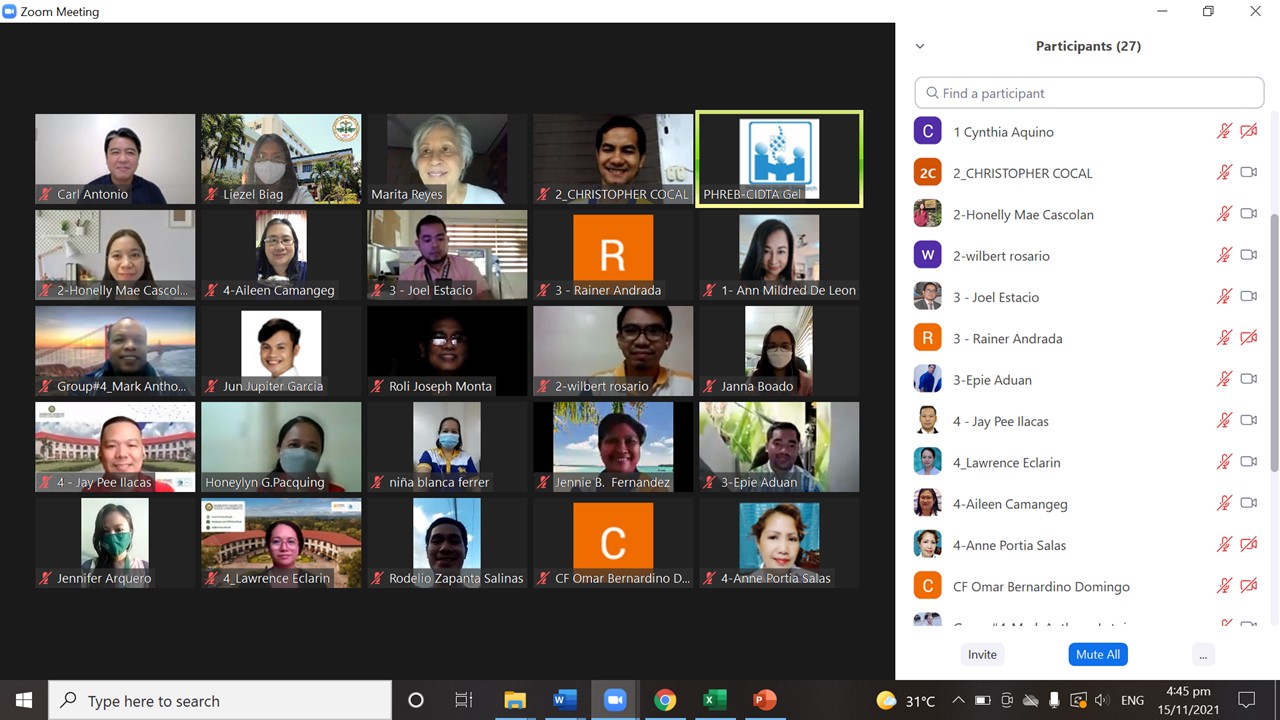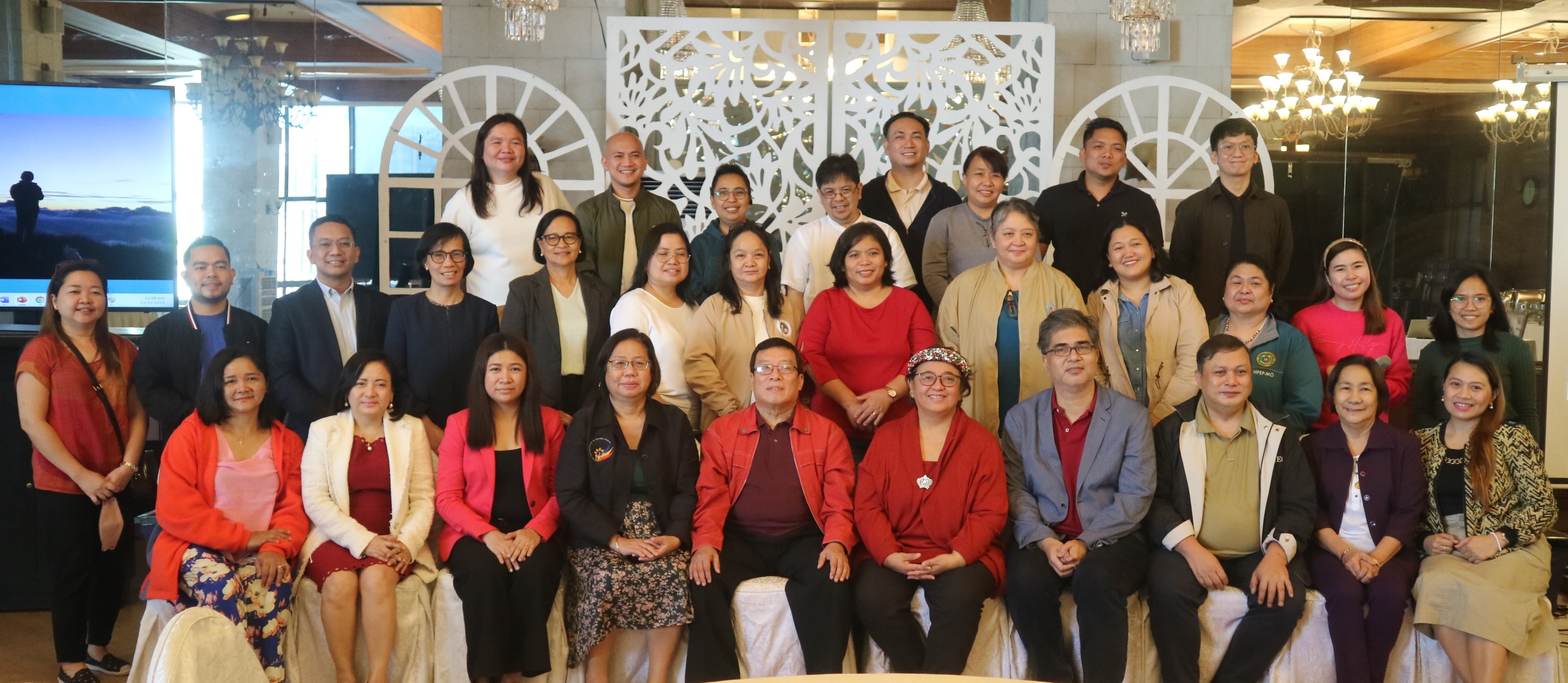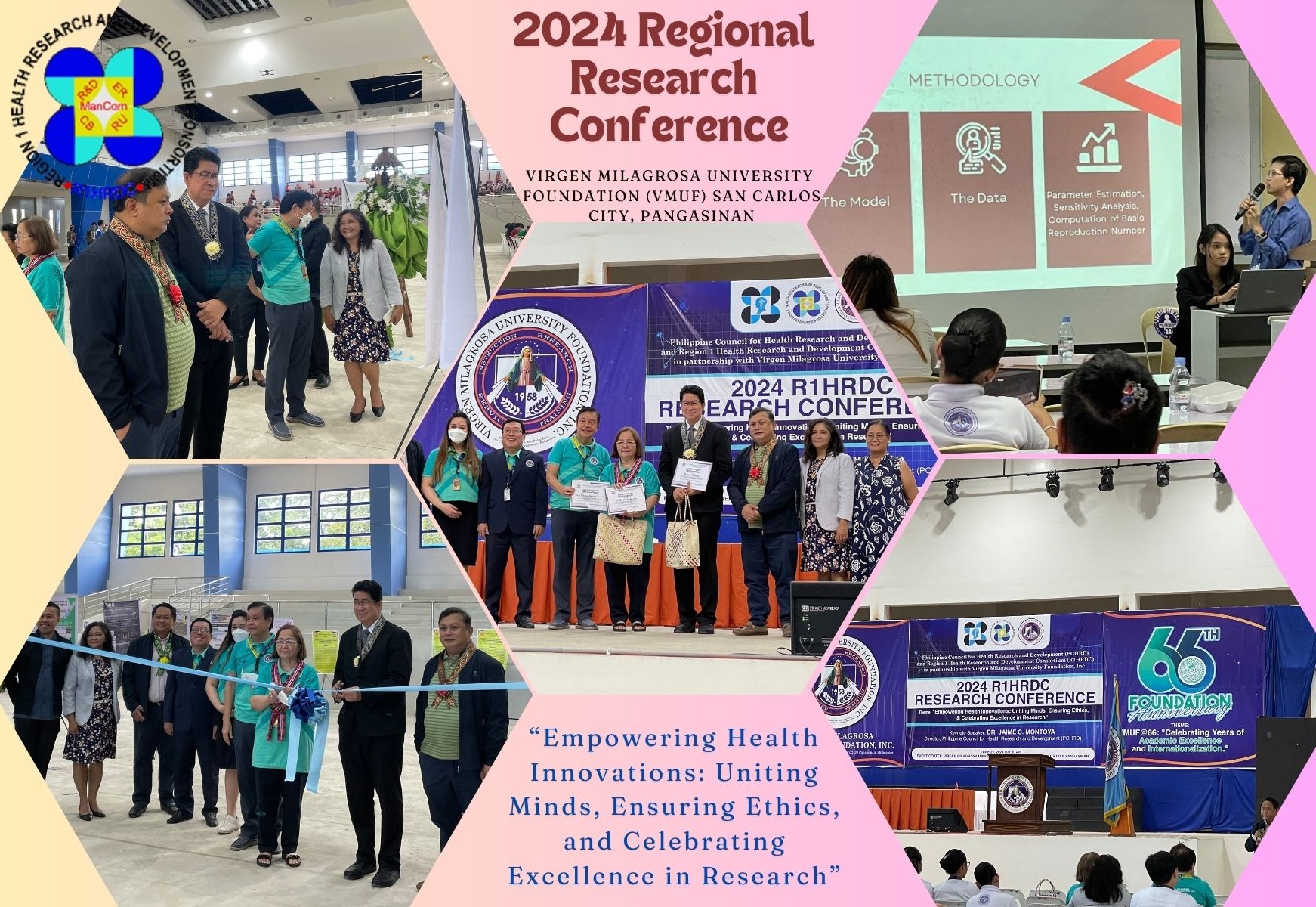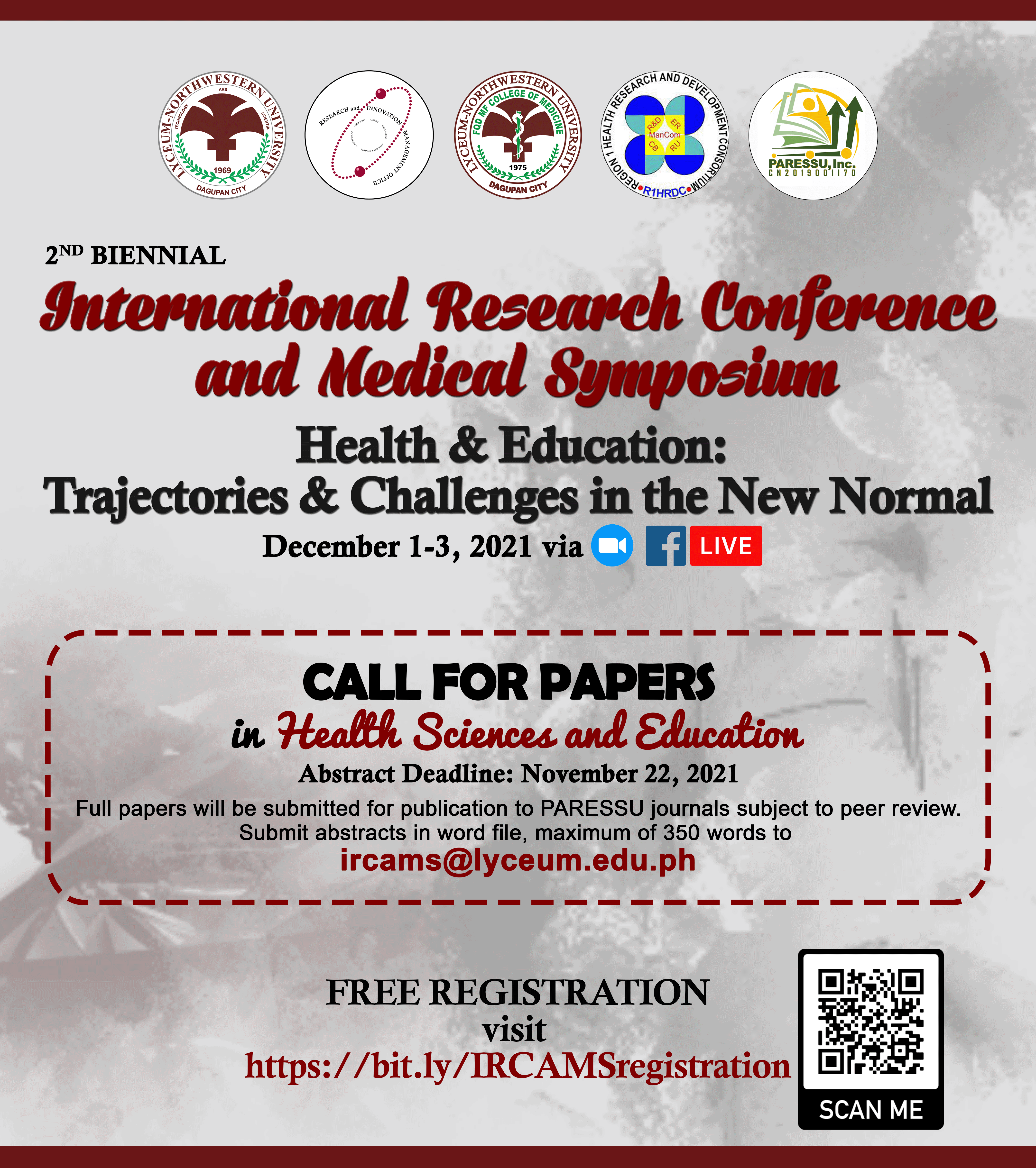
Committed to fulfill its project in capacitating Higher Education Institutions (HEIs) to overcome difficulties in establishing their RECs and to achieve accreditation, the Commission on Higher Education – Regional Office 1 (CHED-RO1) and CHED Office of Planning, Research and Knowledge Management (OPRKM) sponsored an online Basic Research Ethics Training (BRET) on November 15-16, 2021.









 The first ever online celebration of the 14th Philippine National Health Research System (PNHRS) Week with the theme “Health R&D in the New Normal: Moving Towards Universal Health Care”, hosted by the Zamboanga Consortium for Health Research and Development and Philippine Council for Health Research and Development (PCHRD) was participated in by 16 Regional Consortia all over the country on August 9-13, 2021
The first ever online celebration of the 14th Philippine National Health Research System (PNHRS) Week with the theme “Health R&D in the New Normal: Moving Towards Universal Health Care”, hosted by the Zamboanga Consortium for Health Research and Development and Philippine Council for Health Research and Development (PCHRD) was participated in by 16 Regional Consortia all over the country on August 9-13, 2021 




